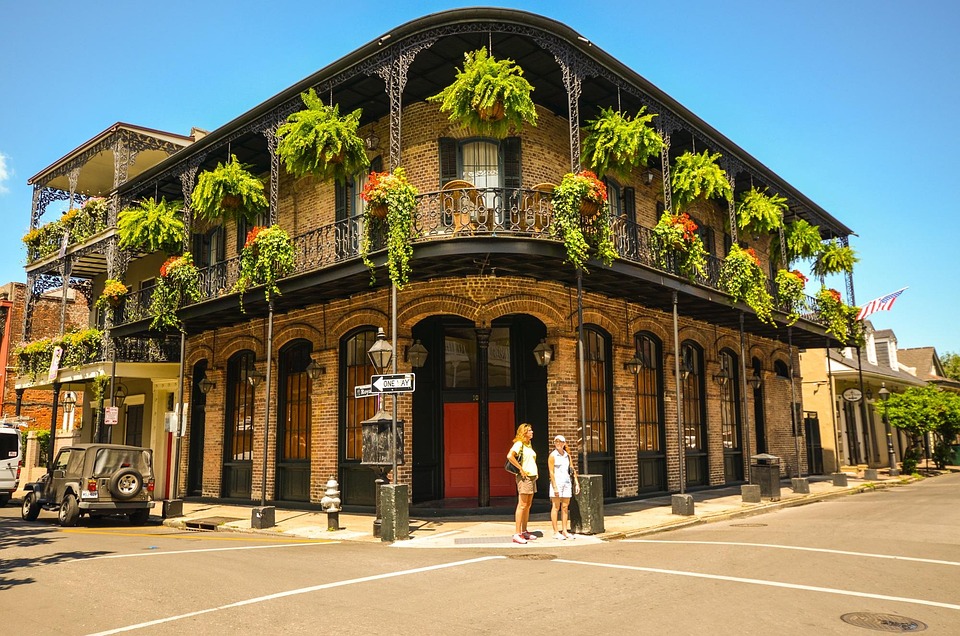Mr. Guterres was speaking to ambassadors at the iconic venue in New York on United Nations Daymarking 80 years of its creation. He spoke via video link from Hanoi, Vietnam’s capital, in an open and lively debate on how the UN faces an uncertain future.
As the principal UN organ charged with maintaining international peace and security, the Council exercises significant power, including the power to impose sanctions and authorize military action.
Five of its 15 members have a permanent seat and have been granted veto power under the United Nations Charter.
Although the Council has played a central role in maintaining peace, resolving conflicts and upholding international law, its veto system has often blocked action and drawn criticism.
The body’s structure is seen by many countries and senior officials as unrepresentative, leaving regions like Africa and Latin America without a permanent voice.
Invoking those who have looked to the Council for 80 years to end wars, Mr. Guterres said that “with the privilege of sitting at this table comes the duty – above all – to honor the faith of these people,” he said. “Without a Security Council fit for purpose, the world is in grave danger.
Debate on fundamentals
Chairing the October council, Russia praised the UN’s achievements but criticized the actions of Western governments, while elected (non-permanent) member Guyana said the body was unrepresentative, advocating for greater and meaningful global representation.
The United States has focused on operational reform, accountability and called for merit-based selection of the next secretary general – who will take the helm in January 2027 – emphasizing the primacy of national sovereignty and transparency in the selection process.
The US representative called for an end to the selection process based on regions taking turns, arguing that it was time to choose from a global list of candidates.
For a full reading of the meeting Click here.
Secretary-General António Guterres (on screen) addresses members of the Security Council.
A UN for the weak, not the powerful
The UN chief painted a vivid picture of how Council decisions can impact citizens around the world:
“The Security Council has nothing to do with hegemons and empires. These are parents who lost their children, refugees thrown far from their homes, soldiers who sacrificed their limbs.
“In every shadow of this Chamber you are surrounded by the ghosts of the dead. But next to them is something else: the hopes of the living.»
He urged Council members to listen to these hopes.
“Listen carefully and you will hear the cries of your citizens coming together for peace; the murmurs of families yearning for security…The emblem of the United Nations bears not the laurel wreath of a victor, but the olive wreath of a peacemaker.»
But its legitimacy is fragile
Mr. Guterres highlighted the Council’s successes over eight decades, from helping Cambodia emerge from genocide to supporting South Africa’s transition from apartheid to deploying missions to Sierra Leone, Timor-Leste and Liberia.
However, its legitimacy remains fragile, he stressed, noting that violations of the United Nations Charter by some Member States, erodes trust and endangers global stability.
He called for expanded membership to better reflect global demographics, including permanent representation for Africa, Latin America and the Caribbean.
Mr. Guterres also encouraged discussions on proposals to limit the use of the veto.
A wide view of the Security Council as Secretary-General António Guterres (on screen) addresses members.
Russia: the divisive Western powers
Russian Ambassador Vassily Nebenzia praised the UN’s achievements but warned against the actions of Western powers.
“In an effort to maintain its waning influence, the West has divided the world into ‘us’ and ‘them’ – ‘democracies’ and ‘autocracies’ – a group of those who are chosen and those who violate their imposed order,” he said.
As a result, many of the principles of the United Nations Charter remain concepts and not reality. The “adventures” – from the invasion of Iraq and the color revolutions to the recent invasion of Iran – have led only to tragedy, he said.
Guyana: reform now
Guyana’s Ambassador, Carolyn Rodrigues-Birkett, echoed calls for reform, calling the current configuration of the Council unrepresentative.
“The Security Council must be reformed. Despite the magnitude of the UN’s work, the reality is that the success or failure of the UN as a whole is judged to a large extent through the action, or lack of action, of the Security Council,” she said.
She called for permanent seats for Africa and Latin America and a rotating seat for small island developing states, emphasizing that national interests and international cooperation are complementary.
United States: the UN “has lost its way”
The United States, represented by Ambassador Dorothy Shea, focused on accountability. She said the UN had become a “bloated bureaucracy” that had lost its way, calling for mandates with clear political goals and measurable benchmarks.
“The UN should serve member states rather than making them beholden to an unaccountable bureaucracy,” she said.
Regarding the next Secretary General, Ambassador Shea said the United States is looking for a leader who will return the UN to its founding purpose, respecting state sovereignty and prioritizing accountability and transparency.
She added that the selection process should be based on merit, attracting candidates from all regional groupings, and that the next Secretary-General should “take the UN back to basics and, in doing so, help realize the bold vision of peace and prosperity to which we are all committed.”
A humble urn
A photograph of a UN Security Council meeting on atomic energy in 1947.
At the start of the meeting, the UN chief recalled a remarkable moment in the UN’s early days: the first Security Council ballot box in 1946. To everyone’s surprise, a piece of paper was already inside – a note from Paul Antonio, a local New York mechanic who had made the ballot box.
“May I, who had the privilege of making this ballot box, vote first? May God be with every member of the United Nations and, through your noble efforts, bring us all – everywhere,” Mr. Antonio wrote.
“Paul Antonio – the mechanic never sat at this table. He never gave a speech or signed a treaty,” Mr Guterres told the ambassadors.
“But he believed in everyone here. He believed in you. I urge you: Honor that trust. Make this room worthy of the hopes of every man, woman and child.”
Originally published at Almouwatin.com








